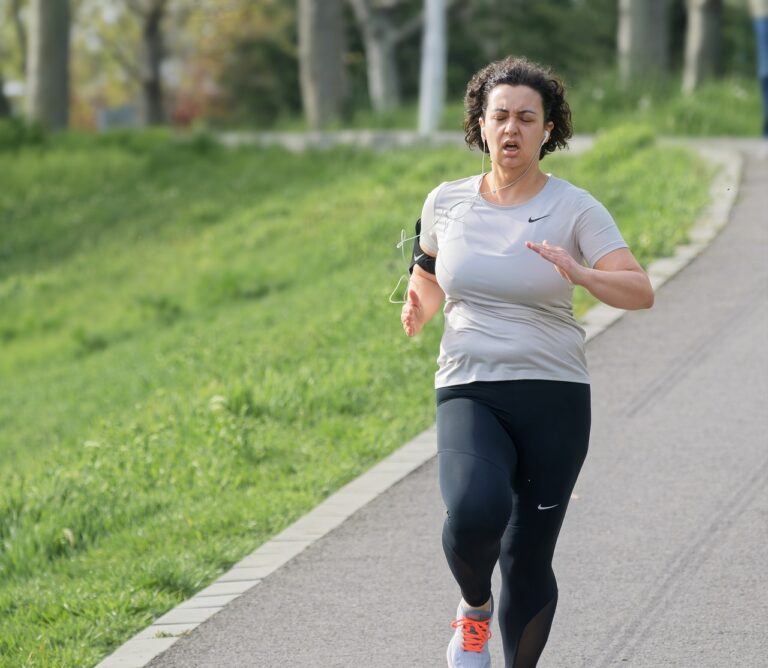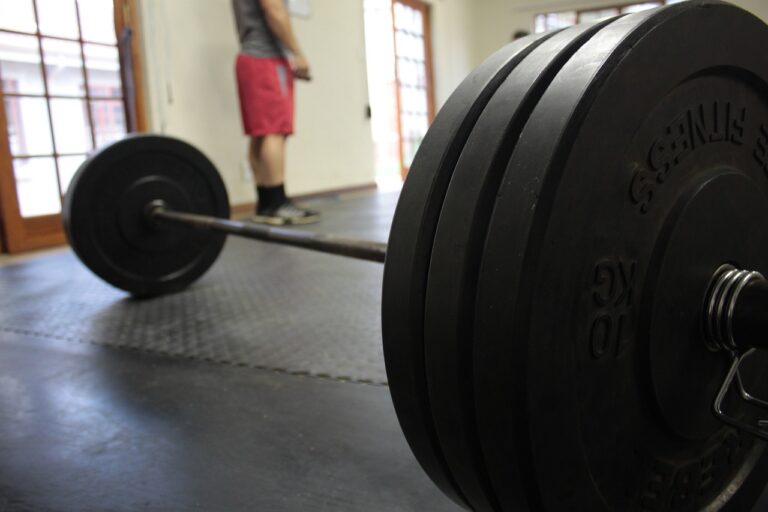Immunological Considerations for Cricket Coaches and Trainers: Allpaanel exchange, Lotus365, Laserbook247 id
allpaanel exchange, lotus365, laserbook247 id: As a cricket coach or trainer, it’s essential to understand the immunological considerations that come into play when working with athletes. The immune system plays a crucial role in an athlete’s overall health and performance, and as such, it’s important to be aware of how to support and optimize it. In this article, we’ll explore some key immunological considerations for cricket coaches and trainers.
Nutrition and Immunity
Nutrition plays a significant role in supporting the immune system. A diet rich in fruits, vegetables, whole grains, lean proteins, and healthy fats can help to support immune function. It’s important to ensure that athletes are getting an adequate intake of key nutrients such as vitamin C, vitamin D, zinc, and selenium, all of which play a role in immune function.
Training Load and Immune Function
It’s well-known that intense exercise can temporarily suppress the immune system. This phenomenon, known as the “open window” theory, can leave athletes more susceptible to infections in the hours following a strenuous training session or competition. As a coach or trainer, it’s important to be mindful of this and to ensure that athletes are getting adequate rest and recovery to support their immune function.
Hygiene and Infection Control
Practicing good hygiene and infection control measures is essential for preventing the spread of illness among athletes. Encourage athletes to wash their hands regularly, to avoid sharing water bottles or towels, and to clean equipment between uses. It’s also important to educate athletes about the importance of getting vaccinated against common illnesses such as influenza.
Stress and Immune Function
Stress can have a significant impact on immune function. High levels of stress can suppress the immune system and leave athletes more vulnerable to infections. As a coach or trainer, it’s important to be aware of the signs of stress in athletes and to provide support and resources to help them manage and reduce stress levels.
Sleep and Immunity
Sleep plays a crucial role in immune function. Inadequate sleep can impair immune responses and leave athletes more susceptible to infections. Encourage athletes to prioritize sleep and to aim for 7-9 hours of quality sleep per night. As a coach or trainer, you can also help athletes establish healthy sleep habits and routines.
Immune-Boosting Supplements
While a healthy diet should always be the first line of defense when it comes to supporting immune function, some athletes may benefit from immune-boosting supplements. Vitamin C, vitamin D, zinc, and probiotics are all commonly used to support immune function. However, it’s important to note that supplements should not replace a healthy diet and should be used with caution and under the guidance of a healthcare professional.
FAQs
Q: Can athletes train when they’re sick?
A: It’s generally not recommended for athletes to train when they’re sick. Training with an illness can further suppress the immune system and delay recovery. It’s important for athletes to prioritize rest and recovery when they’re sick to allow their immune systems to fight off the infection.
Q: How can I help athletes stay healthy during the cricket season?
A: Encourage athletes to practice good hygiene, to eat a healthy diet, to get adequate sleep, and to manage stress. It’s also important to monitor athletes for signs of illness and to take appropriate measures to prevent the spread of infection among teammates.
Q: Are there any specific immunological considerations for junior athletes?
A: Junior athletes may have developing immune systems, so it’s important to take extra care to support their immune function. Ensure that junior athletes are getting a healthy diet, plenty of sleep, and are practicing good hygiene to prevent illness.
In conclusion, immunological considerations play a crucial role in the overall health and performance of cricket athletes. As a coach or trainer, it’s important to be aware of these considerations and to take proactive steps to support and optimize immune function. By focusing on nutrition, training load, hygiene, stress management, sleep, and immune-boosting supplements, coaches and trainers can help athletes stay healthy and perform at their best.







